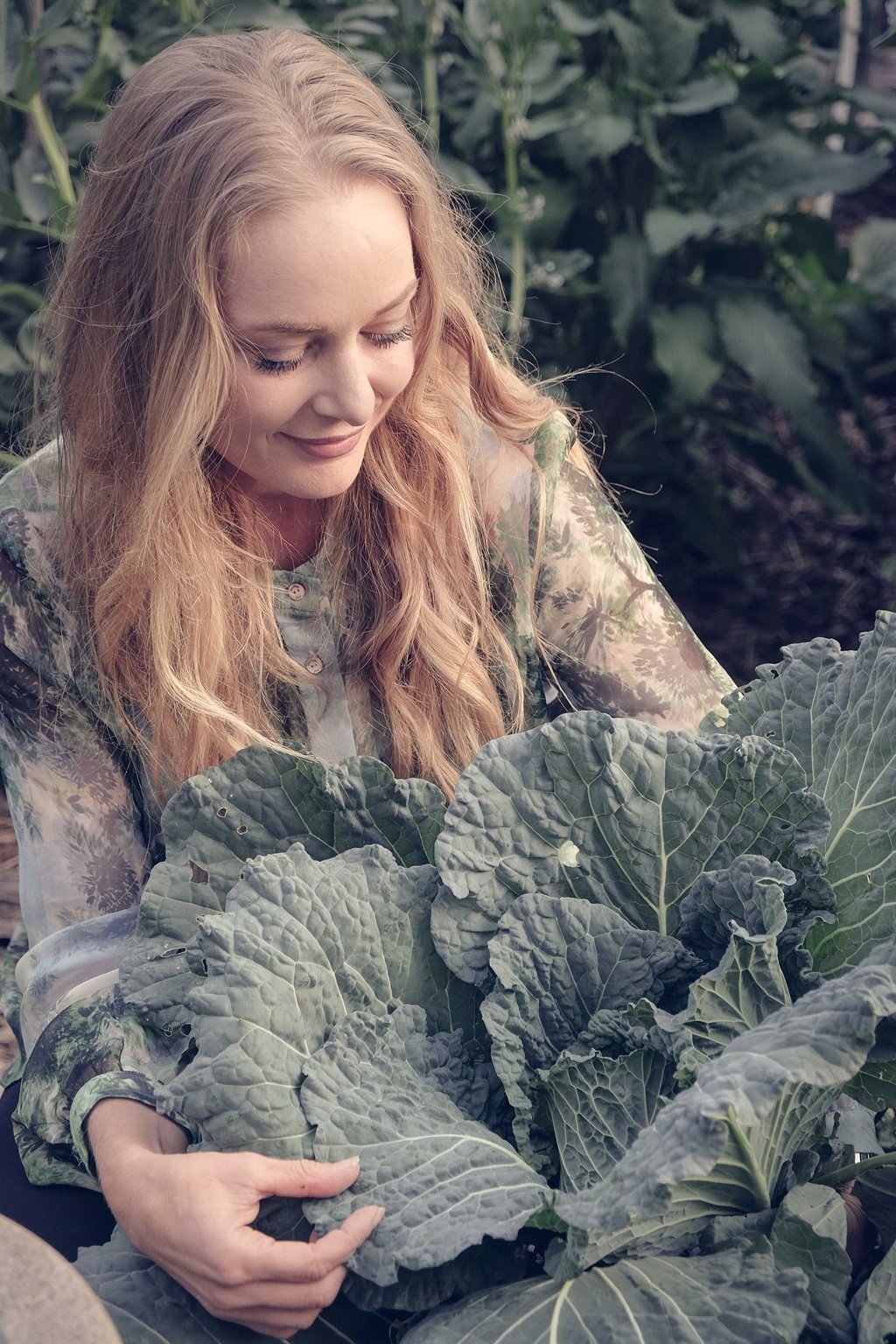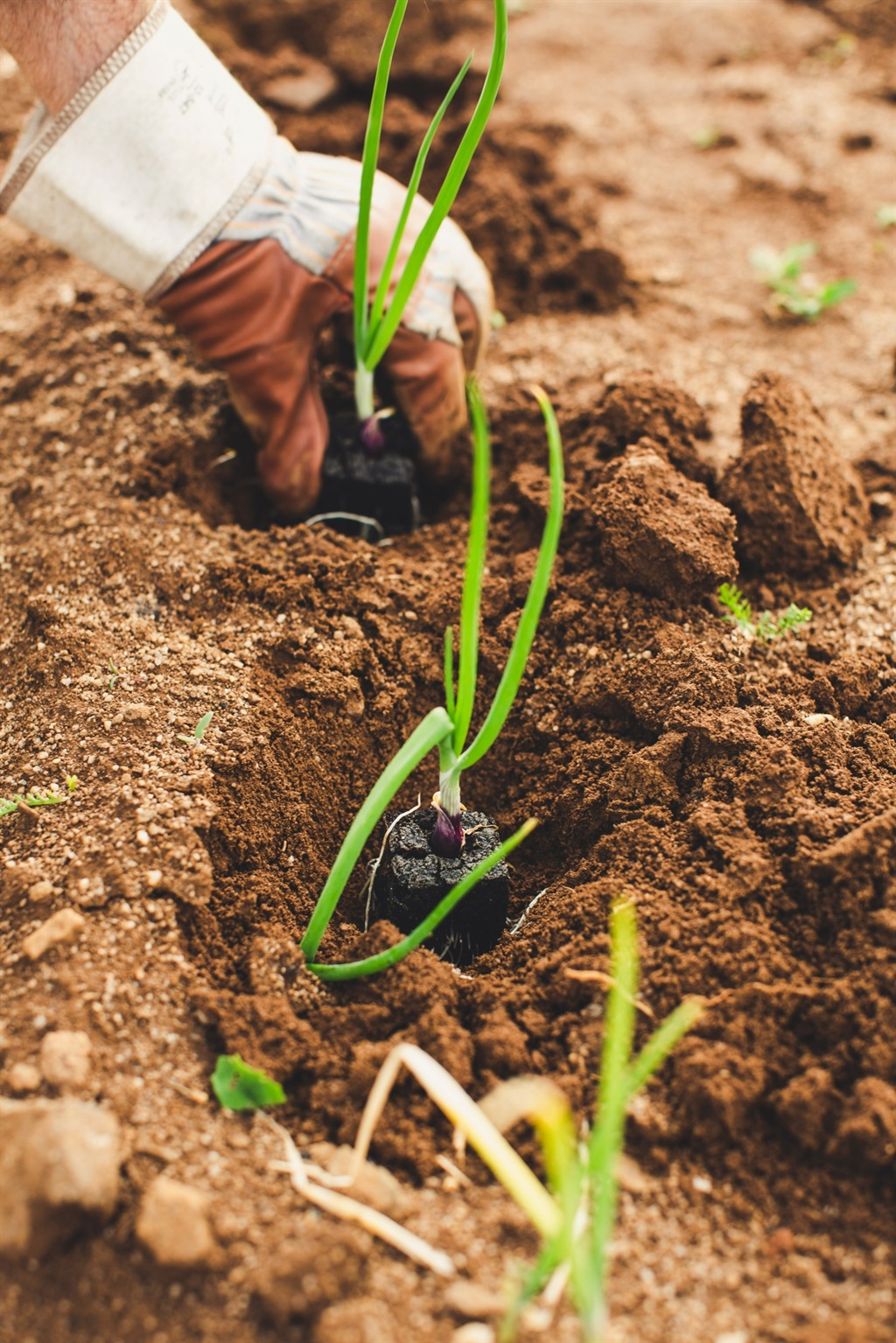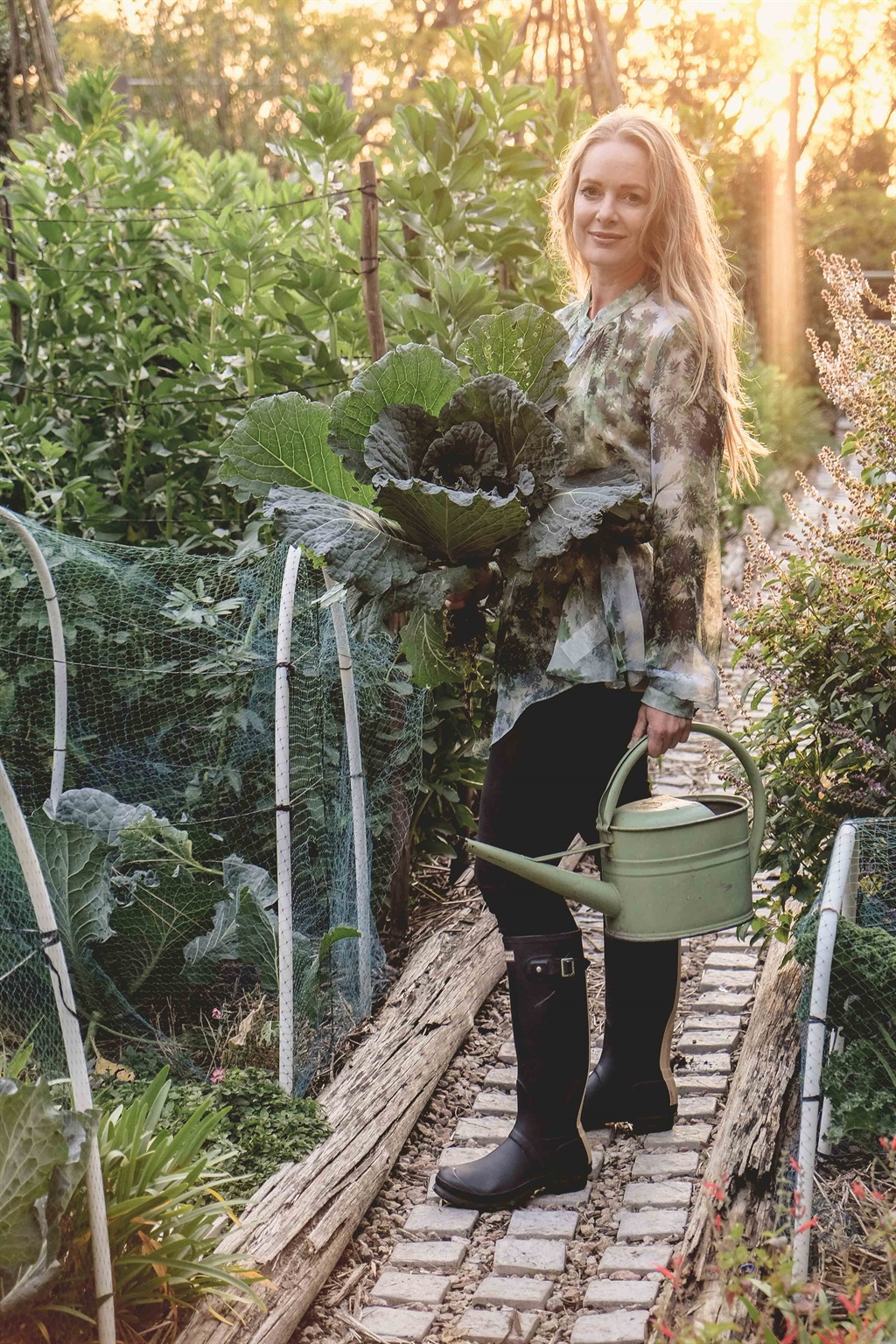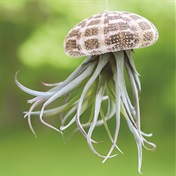
There are plenty of cool season vegetables that can be planted and enjoyed – and they will boost your immune system too, especially if they are grown organically. Interestingly, the most immune-building veggies come from the Brassica family and most of them grow in winter.
WHAT TO GROW
All cool season crops can be interplanted with the still-viable summer crops in your garden. Don’t worry about winter crops taking nutrients from your summer crops, as different plants have different requirements. Replenish your soil with good-quality organic compost and fertiliser to give it a boost.
* Carrots and beetroot are two veggies that can be planted among summer veggies. They don’t like to be transplanted anyway as their roots – the eventual harvestable vegetable – may get damaged.
* Leafy greens such as Swiss chard, parsley, lettuce, and rocket grow abundantly and don’t bolt as easily in cooler weather as this is usually caused by heat.
* Brassicas (such as cabbage, cauliflower, broccoli, Brussels sprouts, kale, etc) are less susceptible to cabbage moth.
* Onions grow well in winter, and have a beautiful flowerhead which you can use in vases – remember that these are also their seeds, so when they dry out you can collect the seeds, especially if your plant is grown from heirloom seed. The bulbs of the onion start to bulk and fatten as the weather warms up again, as they are dependent on longer daylight hours.
If you pick them early, they will be green onions and quite small. Onions are ready to harvest when the plant is dry and falls over.
* Garlic, which is grown from individual cloves, is similar to onions in that their bulbs also start to fatten as the weather warms up and the days lengthen.
TIPS FOR SUCCESS
Germinating your own seeds will give you a head start on the season, as the veggie seedlings you produce will not yet be available in nurseries at the beginning of winter.
* Start germinating your winter veggie seeds in late summer. In Gauteng, you can start at the end of February (although it’s best to wait until the cooler weather arrives – last year it was pretty late), and in the Cape you can start sowing seeds at the end of March.
* You can sow seeds in seedling trays, polystyrene cups, plastic bottles cut in half or terracotta and plastic pots, but remember to have enough drainage holes in your containers.
* Add good-quality seedling mix to your container, and sprinkle the seeds on top; cover with a thin layer of soil.
* When planting seeds straight into garden beds the rule of thumb is: shallower is better. Put the seeds in a little hole about double the depth of the size of the seed.
* Remember that seeds need light to germinate, so make sure the seed containers are placed in a well-lit spot.
* Water every day in the morning, and once the plant is bigger and established you can water less.
* When your seedlings are ready, and the nights are colder, you may want to harden them off for a few days before planting outside – this means you move them out in the daytime and take them in again at night.
* Keep pests at bay by companion planting. There will be fewer pests in winter than in summer, but use companion plants such as calendulas, pansies and rosemary.
Visit www.soughtafterseedlings.co.za for more information, courses and consultations.




 Publications
Publications
 Partners
Partners












